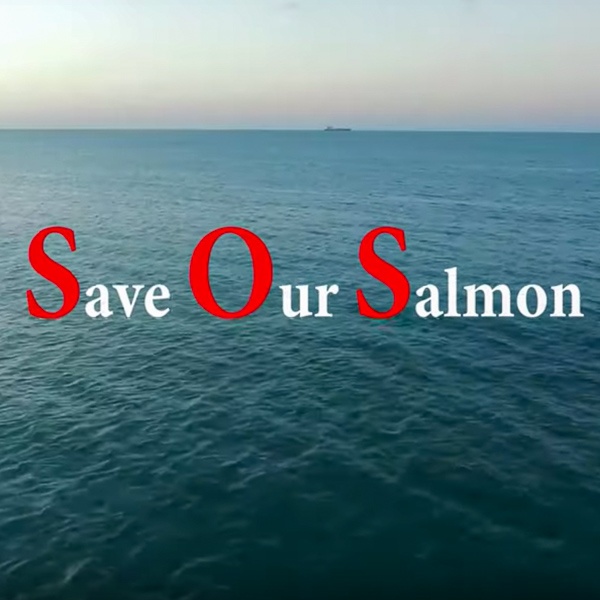Help Canada create an Aquaculture Act
Ensuring that the aquaculture industry is successful in the future is imperative to reducing overfishing and ensuring wild fish stocks are sustainable.
By SeaWestNews
Global demand for fish and seafood as a high-protein food source is increasing significantly. Over half of seafood consumed worldwide is produced by aquaculture operations.
Ensuring that the aquaculture industry is successful in the future is imperative to reducing overfishing and ensuring wild fish stocks are sustainable.
The path forward on further enhancing the sustainability of aquaculture operations requires engaging with Canadians across a broad range of interests.
The government is now seeking to engage Canadians on a potential Aquaculture Act
Send you views via AquacultureConsultations.XMAR@dfo-mpo.gc.ca
Why you need to help Canada build a new way forward for aquaculture
One-third of the world’s wild-caught fisheries are depleted because of overfishing, pollution and the effects of climate change.
Today, more than 70 per cent of the world’s fisheries are either fully exploited or depleted.
Over the past five years, more than half of the 171 million tons of fish that has been supplied to the world for food has been obtained via aquaculture.
The FAO predicts that by 2030, aquaculture will be the dominant source of fish supplied to the world.
The amount of seafood that is currently captured by all wild fisheries could be grown using less than 0.015% of the ocean’s surface area—a surface area less than Lake Michigan.
Global investments in aquaculture can bridge the growing demand for fish and seafood.
Aquaculture now provides income for more than 20 million people worldwide.
In Canada, aquaculture employs 26,000 full time workers and generates $1.2 billion in labour income
Canada’s farmed-salmon industry provides more than 10,000 jobs alone, the majority of which are in coastal areas of British Columbia and New Brunswick.
Farmed salmon continues to be one of the most eco-efficient forms of protein production – with the lowest carbon footprint, and lowest feed conversion ratio
84% of respondents in a survey to gauge ‘Public attitudes towards marine aquaculture in Canada said aquaculture was necessary to meet the growing global demand for seafood.
The Government of Canada wants to hear from you as it works on a new way forward for aquaculture.
This will reduce overfishing, ensure wild fish stocks are healthy and build a sustainable aquaculture industry, that will be the envy of the world
“Together, with Indigenous, environmental and industry partners, we will lead the way towards a more prosperous and sustainable aquaculture industry.” – Jonathan Wilkinson, Minister of Fisheries, Oceans and the Canadian Coast Guard
RELATED:
Aquaculture community finds a N-EAT way to get fresh food

